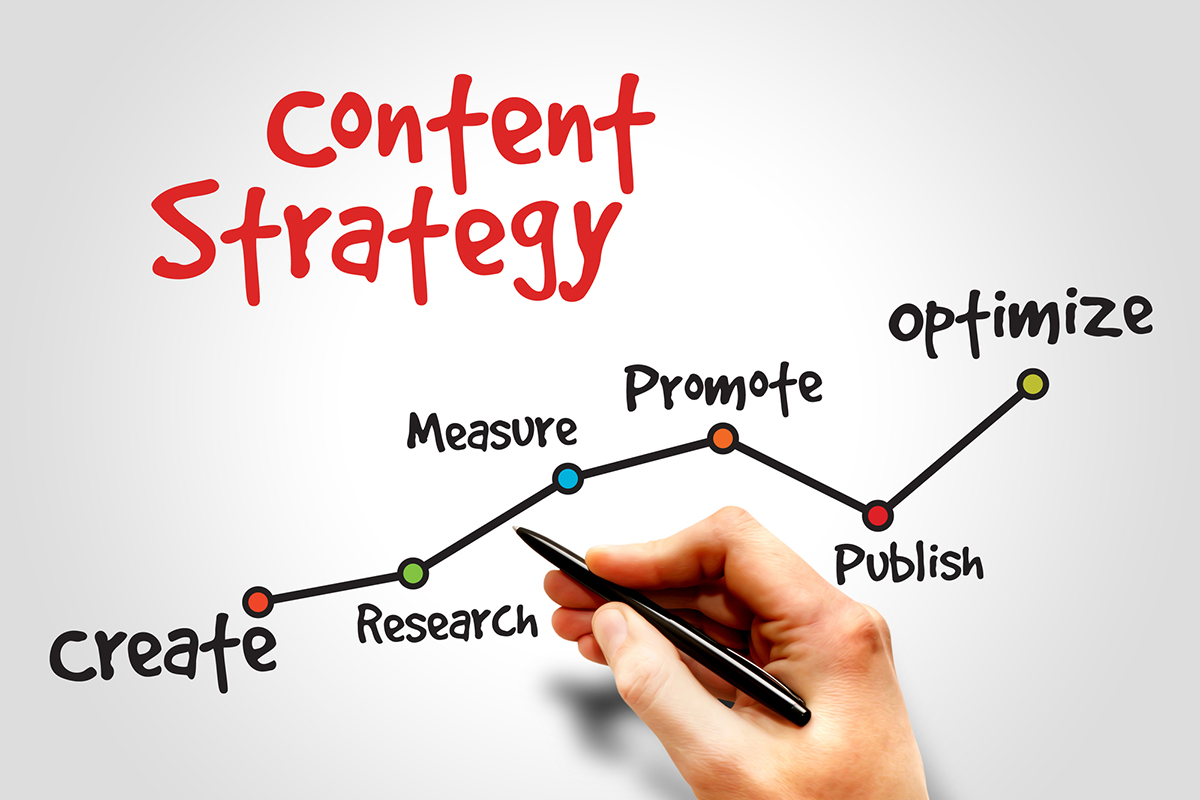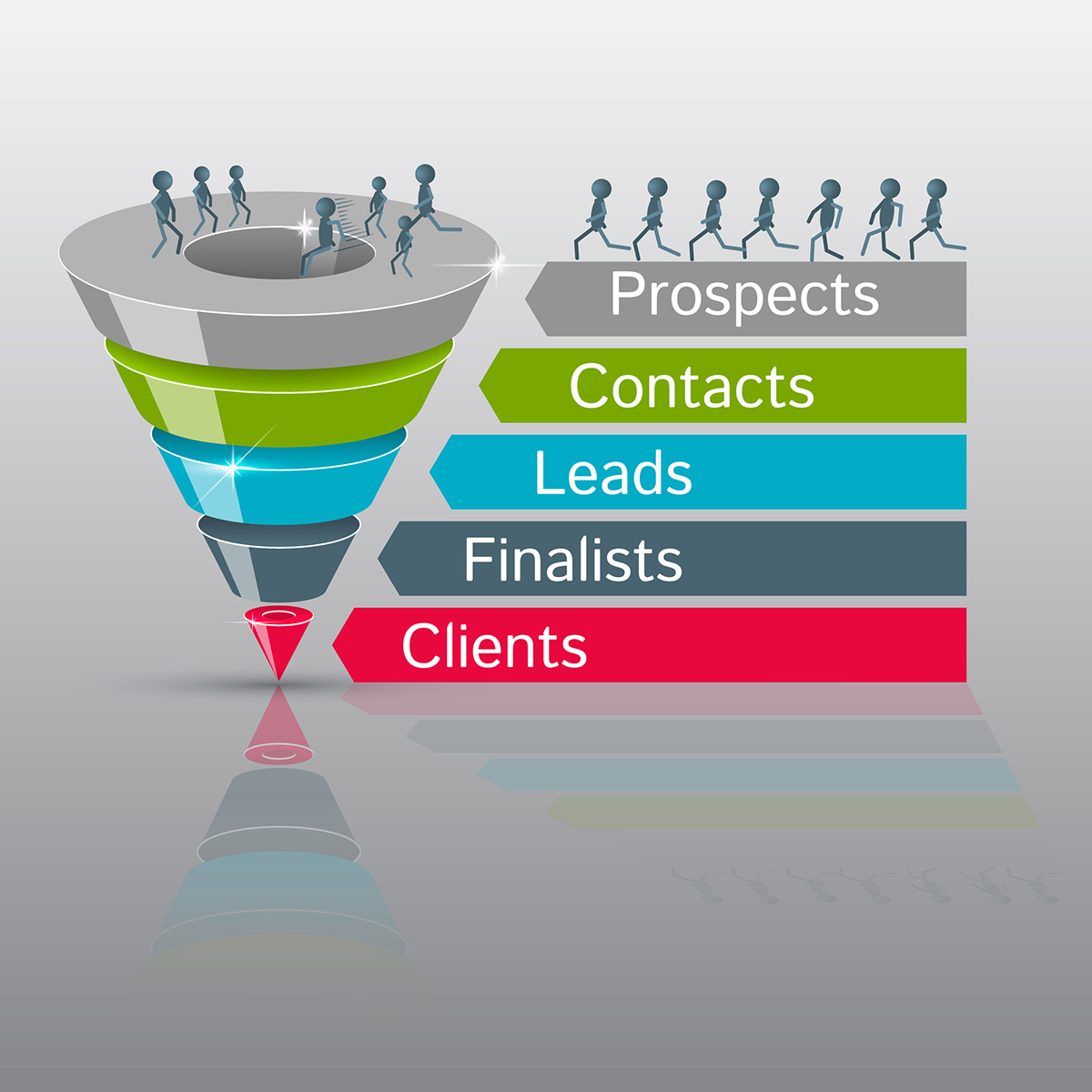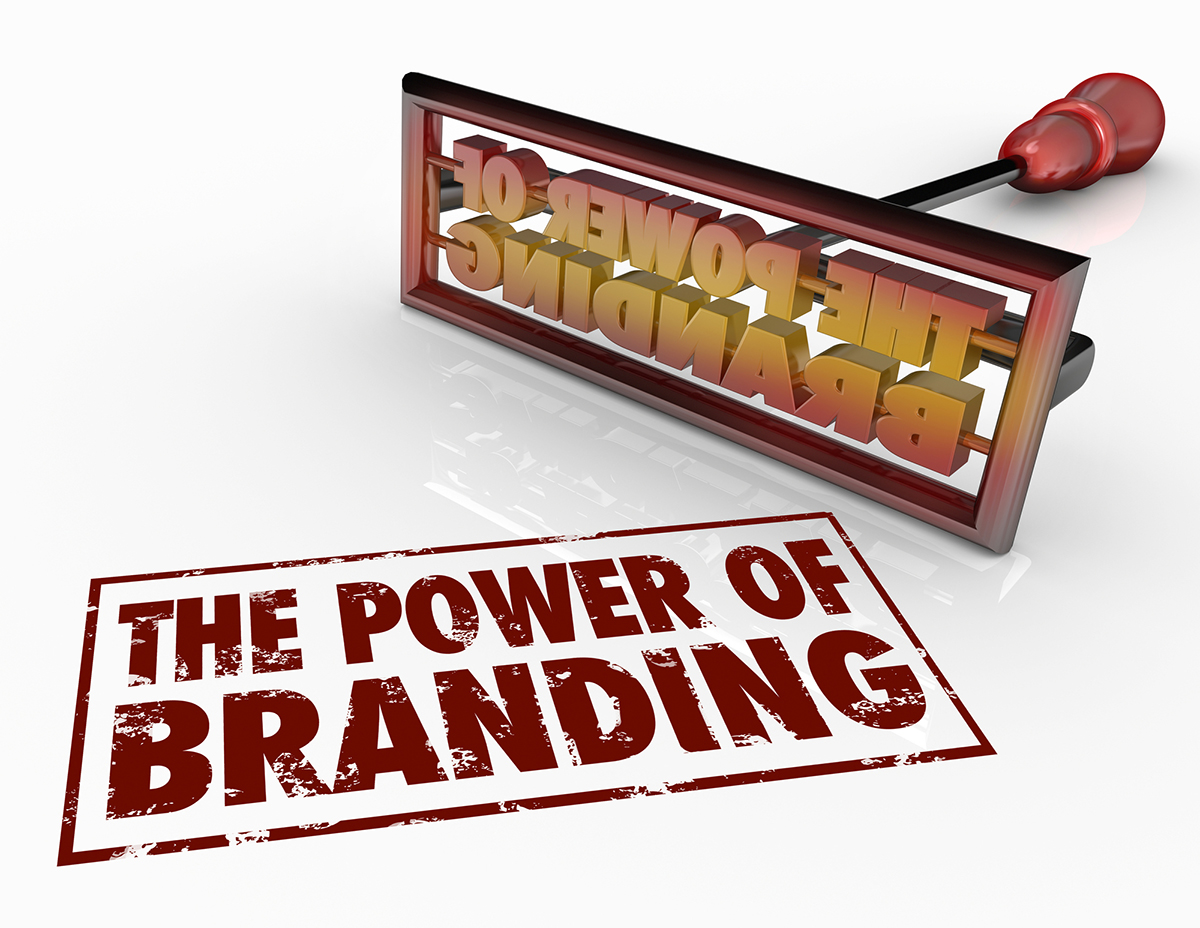More than 15 years ago, Bill Gates penned the famous words, “Content is king.” His point? That content is the wave of the future. The Microsoft magnate’s prediction came true — and then some. Content is not only omnipresent, but also holds tremendous weight, including as a marketing device.
If your business hasn’t yet gotten on board the content marketing train or if you haven’t adopted a comprehensive content marketing strategy, you’re missing out on a major opportunity to delight current customers, attract new ones, boost your brand, and generate revenue. The good news? It’s not too late to get in on the benefits of content marketing.
In this guide, you’ll learn everything about content marketing and the content strategy behind it, along with how content marketing services can help your business.





